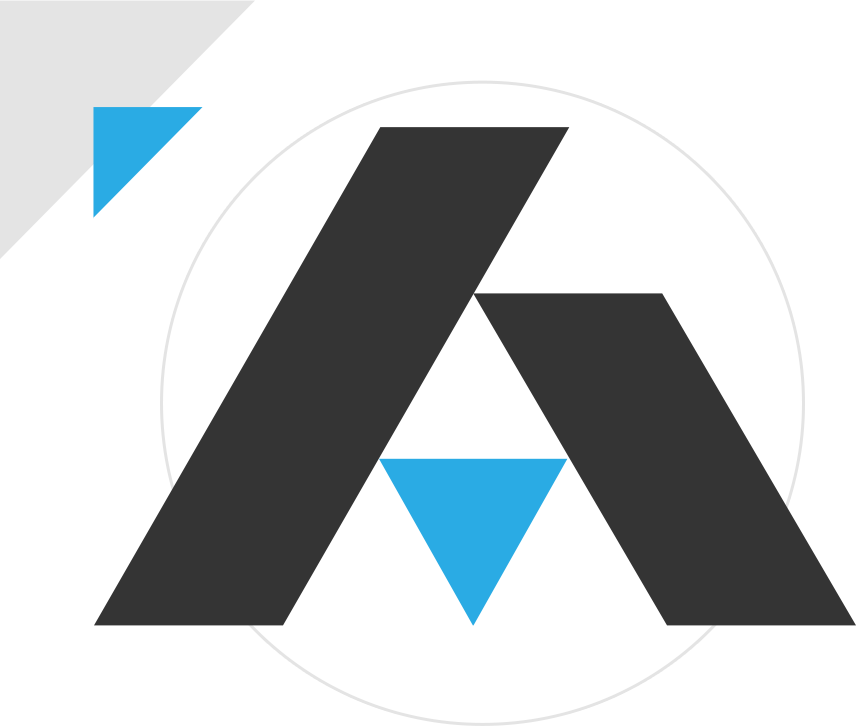 To better understand the emerging trends in the workplace, these are the top 6 books that every HR professional should read to know the trends and the drivers influencing the shifting trajectories in the future of work.
To better understand the emerging trends in the workplace, these are the top 6 books that every HR professional should read to know the trends and the drivers influencing the shifting trajectories in the future of work.
-
The Future of the Professions: How Technology Will Transform the Work of Human Experts (Oxford University Press, 2017) by Richard Susskind and Daniel Susskind
The Future of the Professions closely examines the intersection of rapidly advancing innovative technologies and the shifting nature and transformation of work and the professions, providing theoretically grounding and ample examples of emerging technologies, organizations and work arrangements. It is intended for organizational leaders and pollicy practitioners of all stripes who are interested in the effects of disruptive technologies on the future of work.
2. The Future of Work: Robots, AL and Automation (Brookings Institution Press, 2018) by Darrell M. West
In The Future of Work, West sees the U.S. and the world at a “major inflection point” where we have to grapple with the likely impact of an increasingly automated and technologically advanced society on work, education and public policy. The insights provided will be useful to those who manage others and to those who are managed in the workplace of the future.
3. Rise of the Robots; Technology and the Threat of a Jobless Future (Basic Books, 2016) by Martin Ford
Rise of the Robots is a somewhat unsettling vision of a future world dominated by artificial intelligence, machine learning and highly automated industries, where most members of the current workforce find themselves replaced by technology and machines; in other words, a jobless future. based on recent economic and innovation trends, Ford argues that the rapid technological advancement will ultimately result in a fundamental restructuring of corporations, governments and even entire societies as middle-class jobs gradually disappear, economic mobility evaporates and wealth is increasingly concentrated among the elite super-rich.
4. Gigged: The End of the Job and the Future of Work (St. Martin’s Press, 2018) by Sarah Kessler
Gigged examines the shifting psychological contract between organizations and workers, discusses trends in the organization of work, and documents the movements in recent decades away from traditional employment models and toward part-time work and contingent employment arrangements such as independent contracting and project-based “gig” work. While such work has always been a part of informal economies around the world, the trends is increasingly common in traditional organizations as well, bolstered by the success of companies like Uber and Airbnb.
5. The Future of Work: Attract New Talent, Build Better Leaders, and Create a Competitive Organization (Wiley, 2014) by Jacob Morgan
In The Future of Work, Morgan continues the argument that the world is changing at an accelerated pace. He demonstrates that they way we work today is fundamentally different from how previous generations worked (due to globalization, technological innovation and shifts in the composition of national economies) and suggests that the future of work will be drastically different from what we experience today (a shift from knowledge workers to learning workers), where employees can work anytime and anywhere and can use any devices.
6. Shaping the Future of Work: A Handbook for Action and a New Social Contract (MITxPress, 2017) by Thomas A. Kochan
Probably the most academic book on the list, Shaping the Future of Work acknowledges an increasingly digitized economy and examines the resulting shift in social contract with regard to work and the professions, Kochan provides a road map for what leaders across contexts need to do to create high-quality jobs and develop strong and successful businesses.
Link to original article here.








